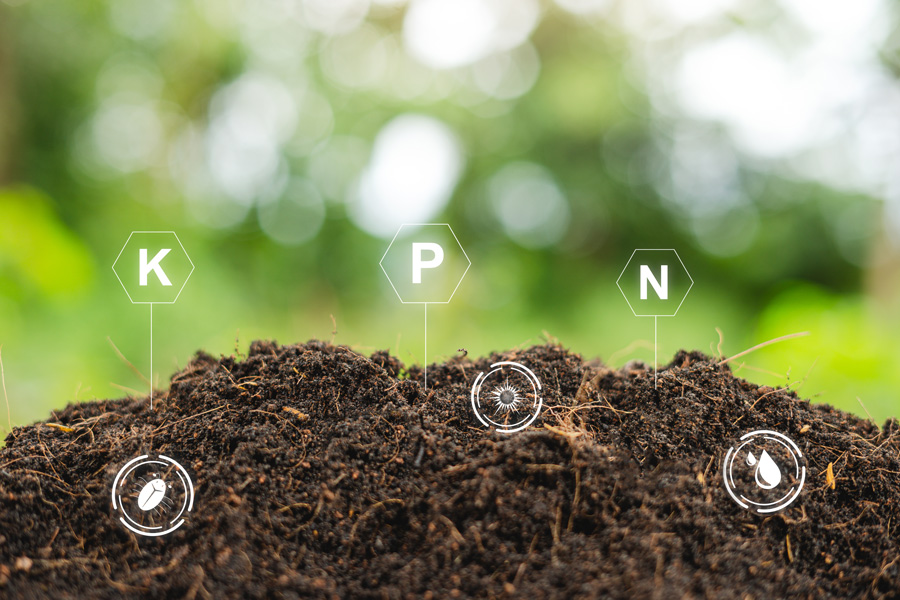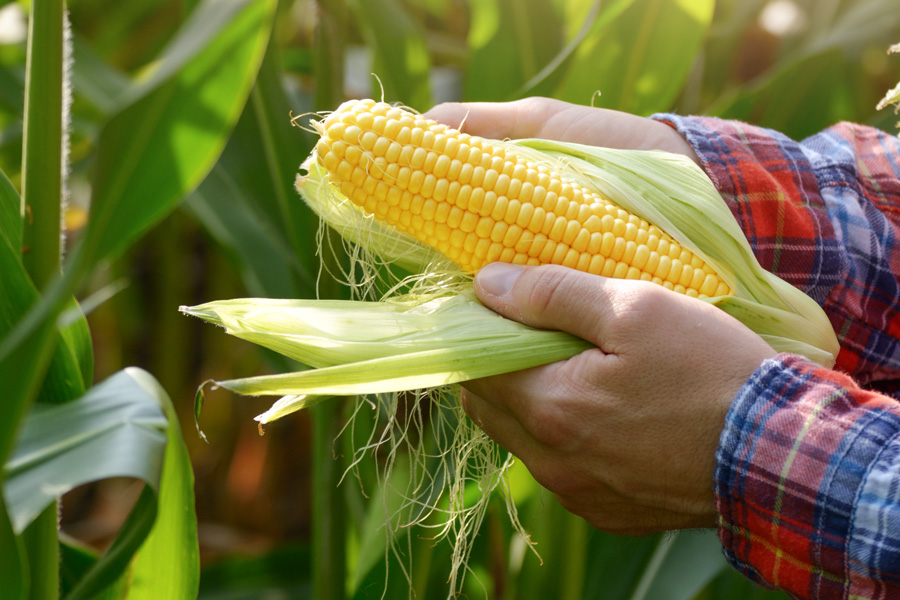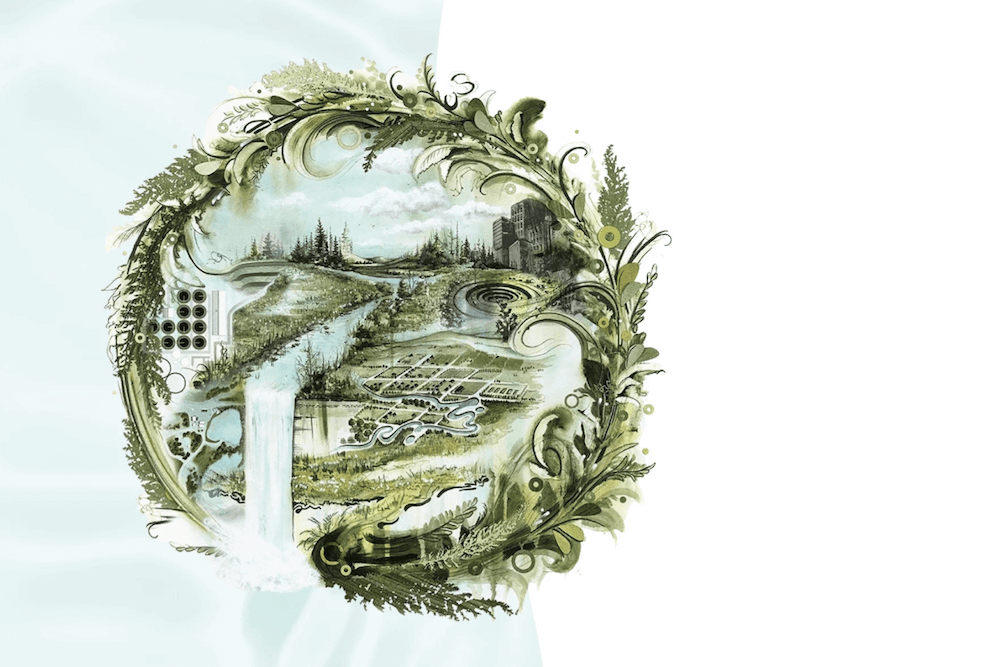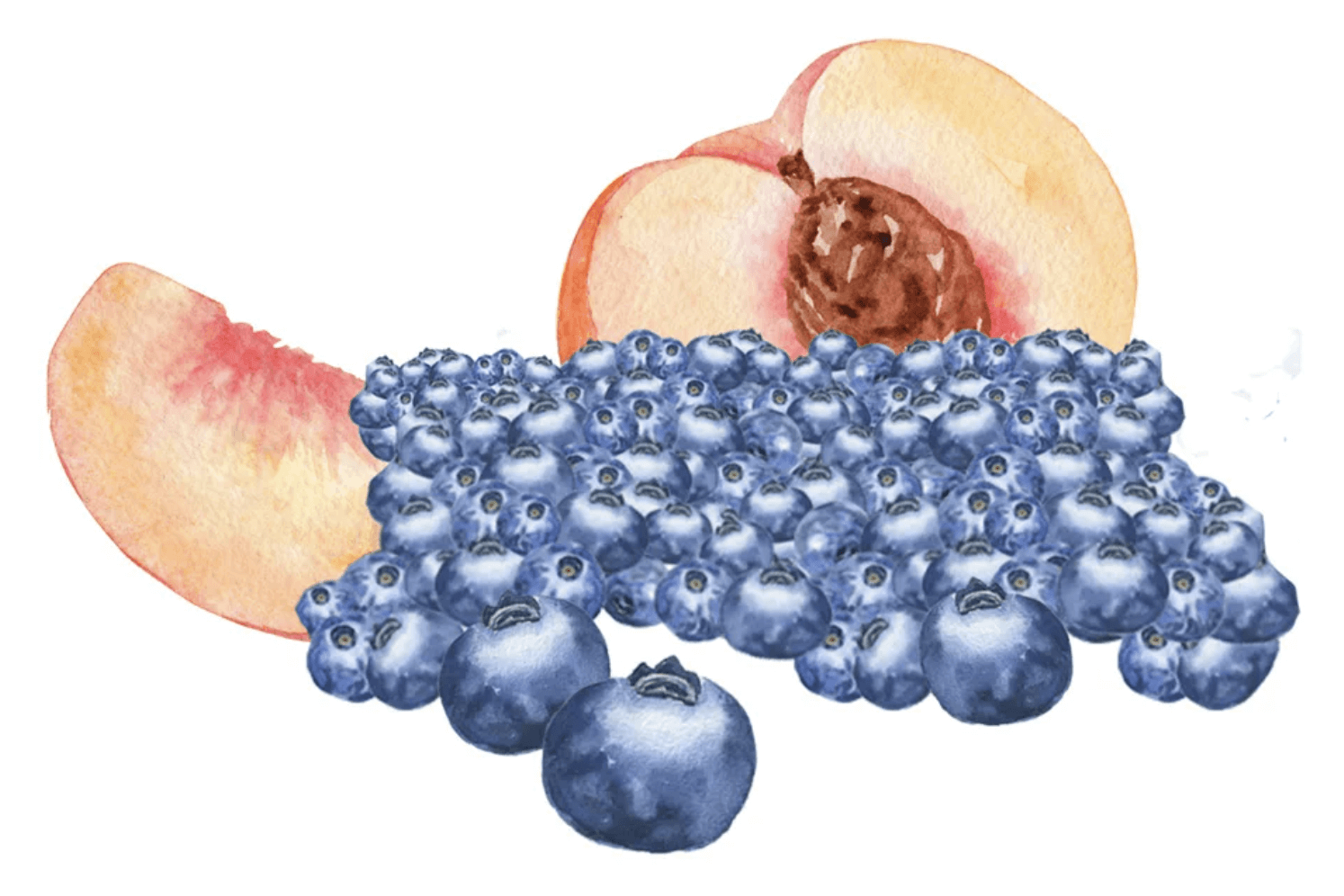
With growing demands for potable (suitable for drinking) water (due to population increase) and expanding irrigated acreage, there is an increased pressure on irrigated farms to consider using nonpotable alternatives. However, low quality irrigation water can adversely affect soil physical conditions and crop production.
This publication provides in-depth information on the following aspects of agricultural irrigation water quality:
-Importance of irrigation water quality
-Major attributes of irrigation water quality
-Common units used
-Salts content
-Toxicity and their sources
-Bacteria in water sources

Published by University of Georgia Cooperative Extension. For more information or guidance, contact your local Extension office.
The University of Georgia College of Agricultural and Environmental Sciences (working cooperatively with Fort Valley State University, the U.S. Department of Agriculture, and the counties of Georgia) offers its educational programs, assistance, and materials to all people without regard to age, color, disability, genetic information, national origin, race, religion, sex, or veteran status, and is an Equal Opportunity Institution.
Status and Revision History
- Published on September 29, 2015
- Published with Full Review on June 16, 2023
What is a Bulletin?
Bulletins represent a major writing effort and cover a broad subject area. They address individual topics in a particular discipline for a specific commodity.
Written and Reviewed by Experts
This resource was written and reviewed by experts. Click below for more information on how we produce science you can trust.






